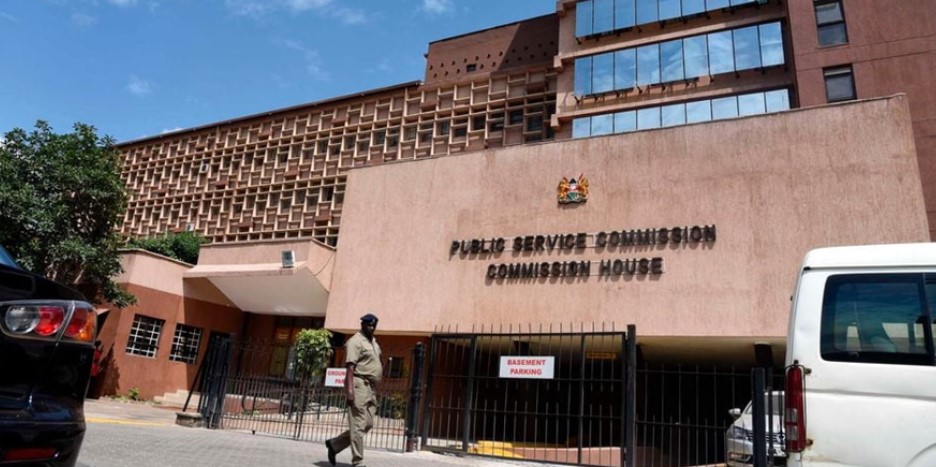Nairobi risks service disruptions as most landowners default on rates, Sakaja warns

Sakaja also said the county could start clamping buildings belonging to defaulters, as allowed by law, but expressed hope that such measures would not be necessary.
Widespread failure by landowners in Nairobi to pay land rates is severely hurting the county’s ability to raise revenue, with Governor Sakaja Johnson warning that public services are at risk if the trend continues.
Sakaja revealed that out of 250,000 registered land parcels in the city, only 50,000 are currently paying land rates, leaving the majority in default and limiting the funds needed to run essential services.
More To Read
- Tighter household budgets stall land purchases in Nairobi’s satellite towns
- Nairobi County issues new land rate structure effective January 2026
- Nairobi seeks Sh54 billion from land rates, considers shift to property utilisation tax
- Court bars Kajiado County from levying land rates on freehold properties
- Nairobi gives property owners 14 days to repaint, clean up their buildings
- Nairobi MCAs demand disclosure of Nairobi Pay server locations amid salary delays
“The biggest revenue earner in a city is property taxes. In Nairobi, we have 250,000 pieces of land, but only 50,000 landowners are paying land rates, so the burden falls on this small group. That is not sustainable,” he said during an interview on Citizen TV on Wednesday.
He noted that the county is struggling to meet the needs of its fast-growing population because the available financial resources are not enough.
With a large number of property owners failing to pay, the county is under increasing pressure to find ways of enforcing compliance.
To give defaulters a final chance, the governor announced an extension of the land rates waiver until April 30, allowing payments to be made without penalties.
“We have extended the waiver to 30th April this month. Now that we have complete data on the 250,000 pieces of land, it’s time to collect what is due so that we can deliver services as a county. We’ve given enough time going forward, we shall enforce,” Sakaja said.
Clamp buildings
Governor Sakaja also said the county could start clamping buildings belonging to defaulters, as allowed by law, but expressed hope that such measures would not be necessary.
"Buildings can be clamped. It is in the law. We would not want to get there. Let’s all take charge; we’ve given enough time to pay. Let’s not leave just a small percentage of landowners carrying the heavy luggage of land rates,” he said.
He urged residents to use the waiver window to settle their arrears before enforcement begins, warning that the county would no longer tolerate widespread default that undermines its financial base.
Nairobi's own-source revenue is normally generated by revenue streams.
The six key own-source revenue streams include parking fees, rates, single business permits, house rents, building permits, billboards and adverts, accounting for close to 80 per cent of the county’s annual own-source revenue.
Land rates are the top own-source revenue earner in Nairobi, accounting for about 25 per cent of revenue collected by the county government.
Over time, the county government has been giving rent waivers to residents living in county-owned houses. These houses, numbering 17,000, are located in various neighbourhoods including Maringo, Uhuru, Kaloleni, Jericho, Buruburu, Kariobangi South, Ziwani and Jerusalem.
Rent for these houses ranges from Sh2,000 to Sh20,000 per month, depending on the location. Additionally, the county owns houses in other areas within the city.
According to Section 7 of the Nairobi City County Waiver Administration Act of 2013, any rent waiver granted must be reported to the County Assembly and published in the gazette notice within 14 days of its issuance.
Reports indicate that Nairobi is experiencing a loss in revenue due to residents’ failure to pay rates promptly.
Top Stories Today














































